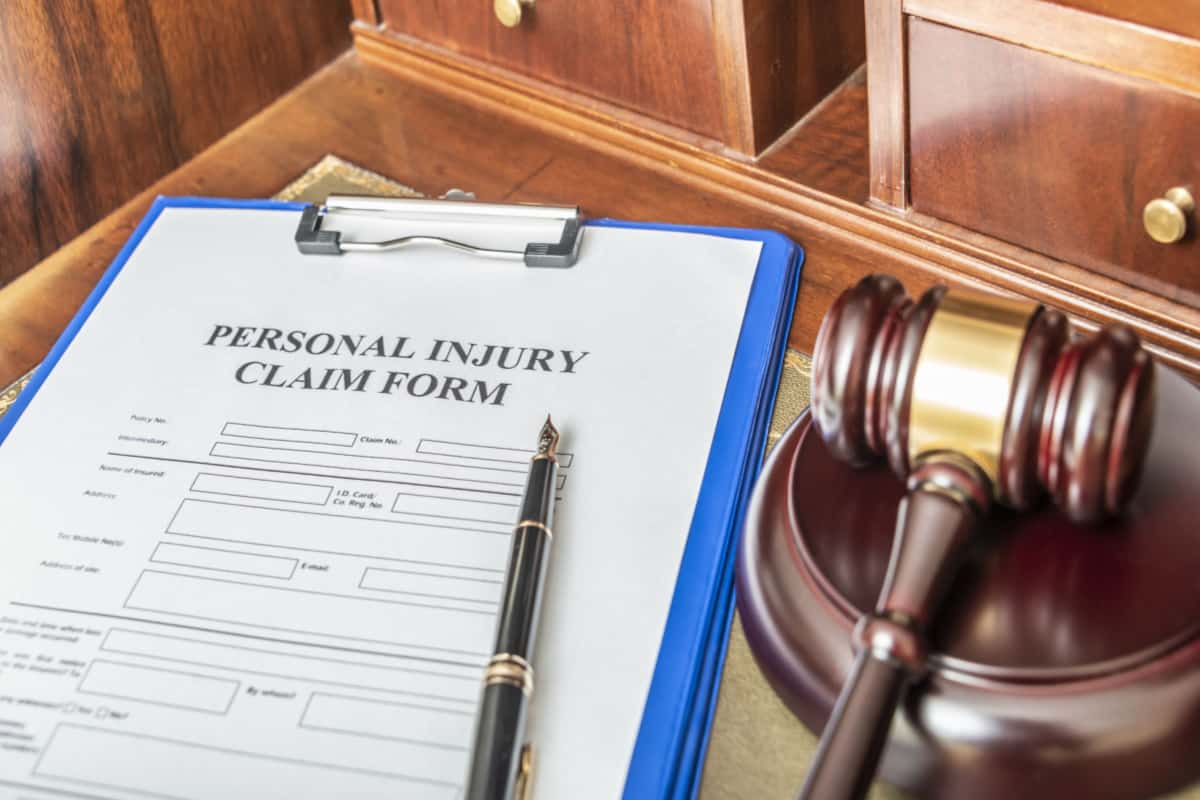
Louisiana offshore crews must know Jones Act’s rights to proper medical and financial relief for shipping accidents. Vital provisions make negligent employers liable – this guide outlines how to gain entitled protections if injured on vessels or transport.
| Jones Act | Typical Workers Comp |
| Federal law only for seamen | State law for most occupations |
| Allows injury lawsuits against employers | No-fault insurance benefits |
| Up to 3 years to file claim | Strict reporting deadlines |
| Compensates wage loss and pain/suffering | Caps benefits lower |
What is the Jones Act that offers additional legal protections for Louisiana offshore crews?
The Jones Act is a 100+ year-old federal law that makes ship owners responsible for work injuries and gives seamen the right to sue negligent employers. It mandates bosses provide medical treatment and disability pay for accidents on vessels in US waters.
The Jones Act offers medical care and financial assistance to seafarers and maritime workers who sustain injuries while performing their jobs on a ship in navigable waters. Some marine personnel may also be compensated for accidents that occurred on land but were related to their jobs.
Unfortunately, a lot of workers are unaware of their rights under the Jones Act, which may prevent them from getting the necessary medical attention and compensation they deserve.
Senator Wesley L. Jones of Washington decided to defend sailors and seamen as a result of this injustice.
He started looking for a method to make the vessel owners responsible for the injuries the workers sustained as a result of the harsh working conditions they were subjected to.
A ship would be liable for damages if any of its crew members were hurt or killed while it was at sea.
A worker who is a crew member of a traditional or non-traditional vessel, such as a floating and drilling rig or shipping barge, has the right to file a claim for personal injury damages resulting from negligence on the part of his employer or coworkers under a federal law known as the Jones Act.
“It is crucial for an employee who is protected by the Jones Act to fully comprehend the procedures to follow in the event of an injury, as well as what the employer may and may not do. Employers are not permitted to dictate where an injured employee receives medical care or which physician they should see.”
The Jones Act allows for the recovery of damages for personal injuries, such as pain and suffering, handicap, and loss of enjoyment of life, for injured crew members and seafarers. Employers are liable for injuries if negligence on their part contributed to the accident’s outcome.
One of the few employee classes in Louisiana excluded from the typical worker’s compensation process is the maritime industry. A “seaman’s” best course of action for obtaining damages is to pursue potential compensation via the Jones Act, which allows workers to sue their employees for compensation.
Under maritime law, workers injured while being transported to or from offshore facilities also have rights and coverage. Under Section 905(b) of federal legislation known as the Longshore and Harbor Workers’ Compensation Act, they may pursue a claim with Louisiana personal injury attorneys if they are hurt as a result of an unlawful or negligent act of the vessel.
An offshore maritime worker must demonstrate that they were working for the defendant (employer) at the time of the accident in order to receive compensation. Experienced attorneys can strengthen a case by assembling evidence such as:
An insurance provider might get in touch and make a settlement proposal. Although it is reasonable to be worried about medical expenses and potential income loss, it’s crucial to reject the first settlement offer that is made. Accepting their settlement proposal could result in giving up the right to future compensation. If an illness or injury worsens, this can keep the worker from getting the medical attention they require.
The insurance company will always try to protect the employer, their client. They will work with their best interest in mind and not focus on getting the worker the medical attention they need. A Louisiana attorney will always have the best interest of their client in mind and get them the recompense they deserve.
As Puerto Rico recovers from hurricanes, the Department of Homeland Security (DHS) has issued a temporary Jones Act waiver for an LNG cargo bound for the island. The waiver was requested “to enable a natural gas barge from the Dominican Republic to arrive in Puerto Rico,” according to a statement made by Puerto Rico Governor Pedro Pierluisi.

A worker has three years from the date of their injuries to pursue a case under the Jones Act. This is known as the statute of limitations.
A personal injury lawyer might need further details about the incident, including what injuries were sustained and an anticipated prognosis, before submitting the claim. Due to the timing and extent of injuries, it is important to promptly contact an attorney.
Additionally, this statute grants plaintiffs the right to a jury trial and the option to file a lawsuit in either federal or Louisiana courts. A Louisiana personal injury attorney can explain how deciding between a federal or state court may affect the outcome of the case depending on its particulars.
If you have been injured as an offshore worker, please contact the Charbonnet Law Firm, LLC online, or call our office at (504) 294-5094.
Schedule a Consultation Today!

With over 50 years of legal experience serving families in the New Orleans area and surrounding Louisiana communities, our firm takes pride in providing clients with personalized legal services tailored to individual needs.